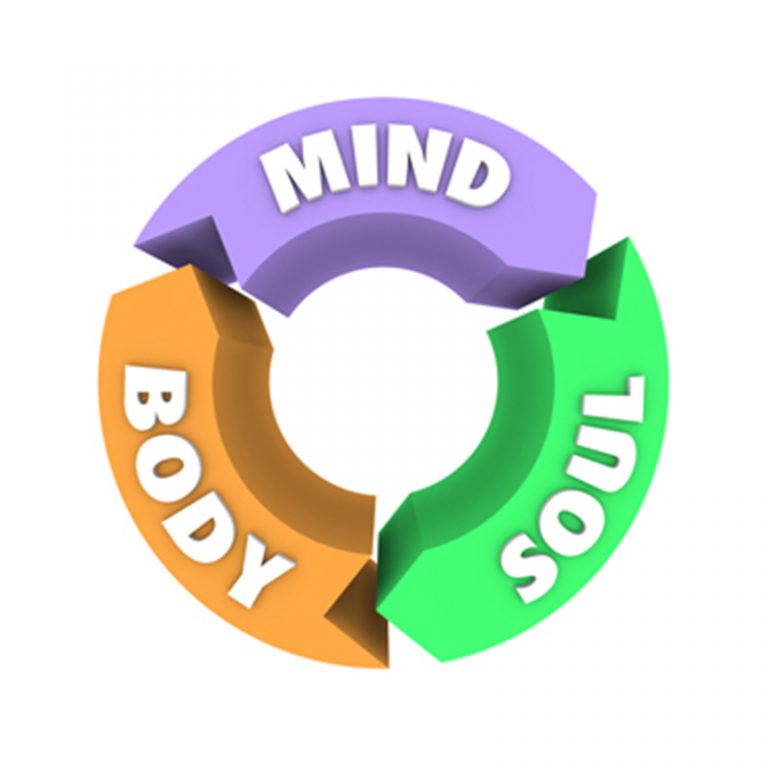
Bloating Digestive System Gastrointestinal Disorders Diseases Problems
The term ‘indigestion’ is generally used to describe one or other form of discomfort suffered after eating, such as heaviness, bloating or so-called ‘heartburn’. The Ayurvedic concept of indigestion goes much further than this.
Ayurveda recognises that all illness begins with an incomplete digestive process. The often quoted saying that ‘we are what we eat’ might be better expressed as ‘we are what we absorb’. When the process of digestion is not optimal, or digestive problems or digestive disorders are present, the body cannot extract the essential nutrients from food, which leads to deficiency disorders, and there also is an excessive build-up of toxic waste that can give rise to a large variety of degenerative illnesses.
In the earlier stages of such an imbalance there may be no obvious symptoms. Nevertheless, the processing of foods is not complete so the term ‘indigestion’ applies.
The human digestive tract, from mouth to anus, is up to five times the length of the body and in its journey through this long, twisting tube the food undergoes many processes. For the outcome to be optimal certain conditions need to be satisfied at each stage.
Enzymes in the Digestive System
First, in the mouth a number of enzymes act on the food, particularly on carbohydrates, during the process of chewing. Next, in the stomach the food is subjected to much more prolonged exposure to enzymes, and to stomach acids. It is here that proteins are broken down. Following this, absorption takes place in the small intestine, and most of the nutrients that have been successfully extracted from the food are absorbed into the blood vessels in the intestinal wall. From here they are transported to all the tissues to maintain organ function, support the growth and repair of new cells, and provide energy. Finally, in the colon, water, vitamins and minerals are reabsorbed back into the blood and indigestible materials such as fibre are processed. ‘Friendly’ bacteria here feed on the fibre, breaking it down to produce nutrients that nourish the cells lining the colon. Any waste remaining is then flushed out in the faeces.
In such a complex system there are ample opportunities for problems to arise. A lack of digestive enzymes in the digestive system or a lack of stomach acid will prevent proper breakdown of foods and extraction of nutrients at an early stage. This will result in an accumulation of unprocessed material which can cause blockages throughout the system. The metabolic process slows down and cellular energy is depleted. Frequently the mucus lining which is designed to allow a smooth transit of food throughout the entire tract can be worn or damaged and proper absorption is compromised. The peristaltic movements which are responsible for food transit can also be so sluggish that the transit is impeded. Toxins may invade an unhealthy mucus lining and enter the bloodstream. If toxins are allowed to accumulate in the colon this can give rise to a large variety of digestive system diseases and gastrointestinal disorders.
When digestion is incomplete the acid-alkaline balance of the body is inevitably affected. When this happens the body needs to compensate. It does so by robbing minerals from the muscles, ligaments and tendons, which can result in osteoporosis, stiff joints and arthritis, or from the lining of the intestines, causing a variety of gut ailments. The body will also try to eliminate acid in every way it can. If this happens through the respiratory system asthma, sore throats or sinus problems can result, or through the excretory system it can lead to urinary tract infections and kidney disease. The skin is liable to fungal outbreaks, and the teeth, gums and breath can all be affected. Less obviously, hormone balance is impaired and the acidification of the intra-cellular matrix leads to a disruption of electrical conductivity, which has an impact on the memory.
These are just a few examples of digestive malfunction that can lead to a progressive clogging of the system and ultimately to the onset of illness. Ayurveda has many ways of assessing such digestive problems, and an Ayurvedic consultation will employ diagnosis through examination of the tongue, the stool, the skin, the eyes, and many other indicators that will enable the experienced practitioner to reveal individual problems before they develop into major health concerns. On the basis of the information obtained it is possible to give advice on an Ayurvedic diet, with due consideration to the constitutional type of the individual. By understanding what is not working properly an effective regime of diet and individualised treatments can be devised to restore balance and ensure smooth and efficient digestive function. This is the most effective route to prevention of future illness, digestive disorders and gastrointestinal disorders.



